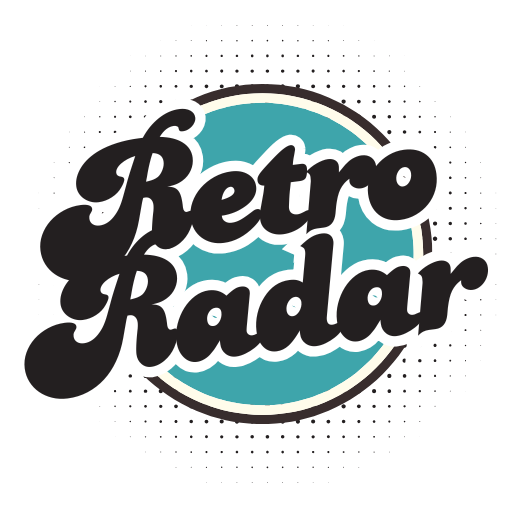13 Tech Terms from the ’80s That Sound Like Sci-Fi
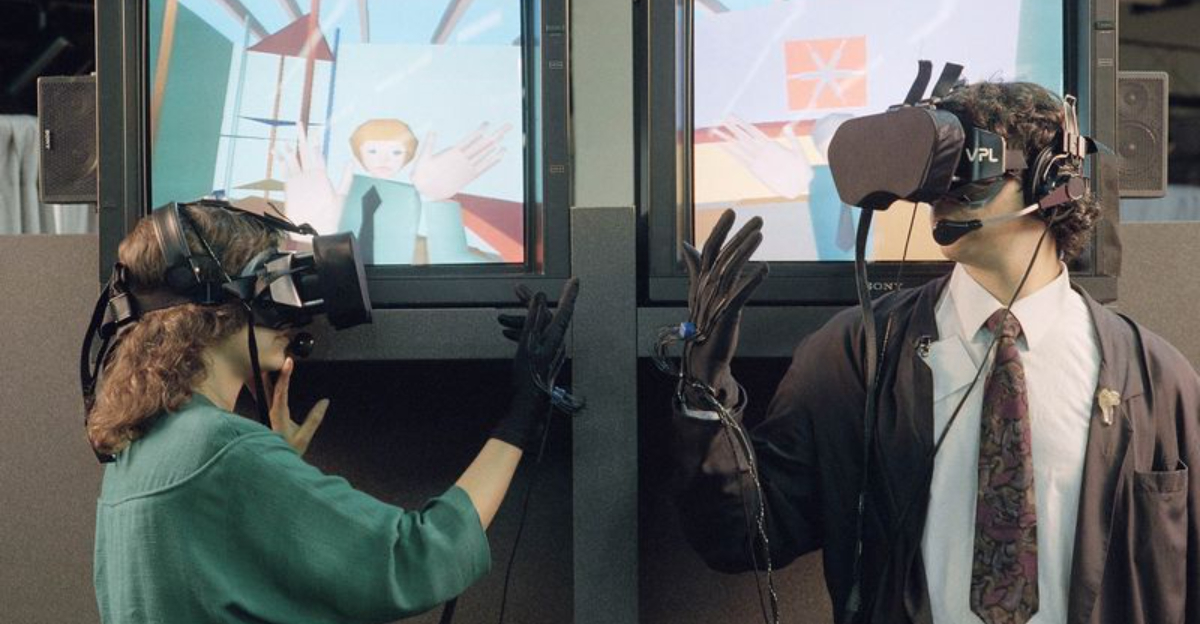
The 1980s was a wild time for technology—an era of cassette tapes, floppy disks, and computers that seemed like magic. But while the gadgets themselves have long since evolved, the tech jargon of the time now sounds like it belongs in a dystopian sci-fi novel.
Ever heard of “Cyberpunk” before it became a video game? Or “Videodiscs” that promised the future of home entertainment? Buckle up as we take a trip back to the ’80s and revisit 13 tech terms that, in hindsight, sound like they were pulled straight from a futuristic blockbuster.
1. Cyberpunk
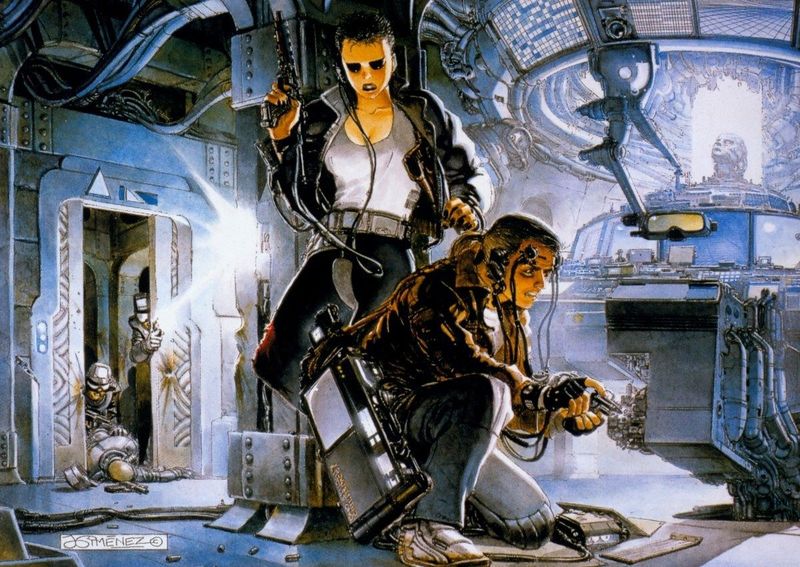
Before becoming a popular video game, Cyberpunk was an edgy sci-fi genre. It blended high-tech and low-life, featuring hackers, artificial intelligence, and cybernetic enhancements. In the ’80s, it was a radical vision of the future.
Nowadays, the word still carries a futuristic feel, but with modern AI and virtual reality, we might be experiencing the early days of a cyberpunk reality.
2. Data Glove
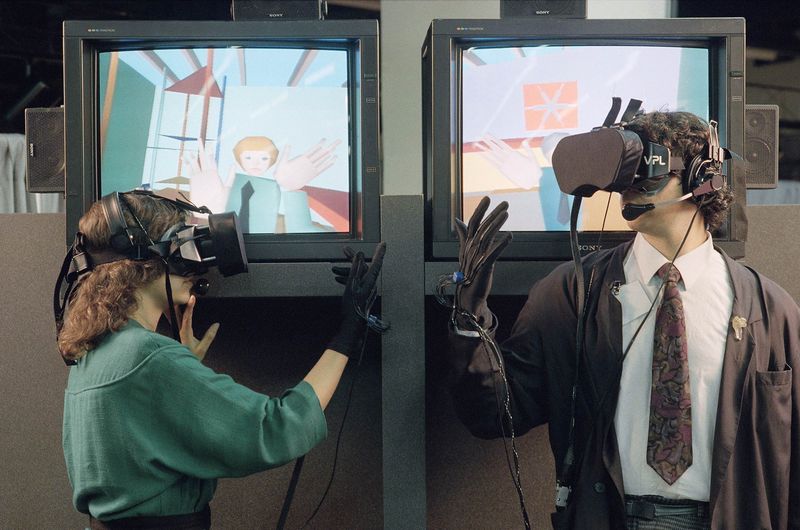
Long before VR headsets became mainstream, the Data Glove was the height of futuristic technology. It was a wearable device that let users interact with virtual environments. Mostly used in research labs or high-end gaming setups, it was considered cutting-edge.
Today, it sounds like something straight out of a sci-fi movie, but in the ’80s, it was an actual, albeit clunky, attempt at bringing the digital world to your fingertips.
3. Videodisc
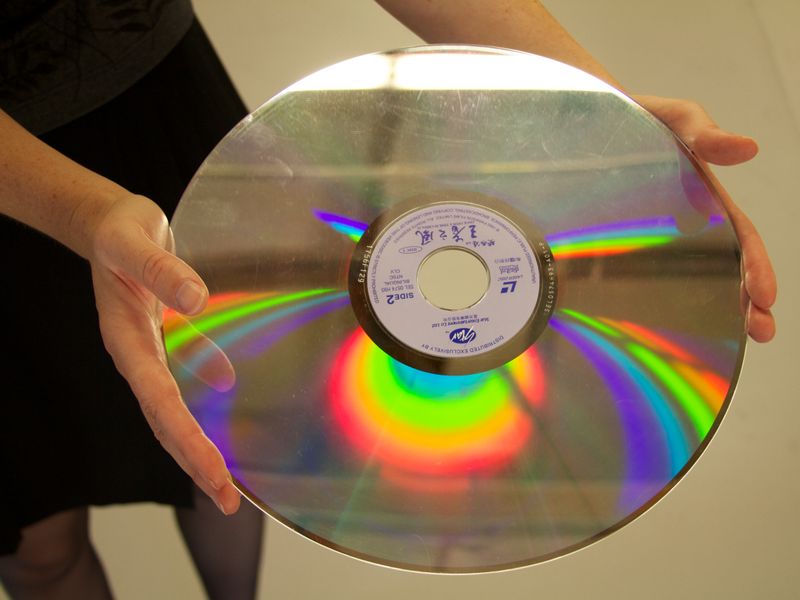
The Videodisc was meant to revolutionize home entertainment, promising better quality than VHS tapes. Unfortunately, these large, record-like discs were expensive and inconvenient, quickly becoming obsolete.
Now, the term sounds like a piece of futuristic media storage from a forgotten sci-fi film rather than a real-life format that briefly existed.
4. Teletext
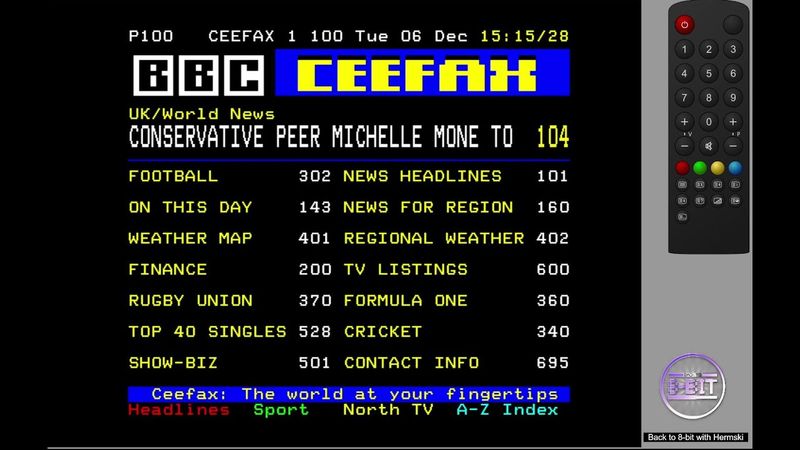
Imagine accessing news, weather, and sports scores on your TV—without the internet. That was Teletext, an early form of interactive television using broadcast signals to display information.
Revolutionary in its day, the idea of “text-based” TV now feels as retro-futuristic as something from Blade Runner, with its blocky graphics and limited interaction.
5. Neural Net

Neural Net was a term primarily used by AI researchers to describe systems modeled after the human brain. In the ’80s, it sounded like something straight out of a sci-fi movie like Terminator.
Today, neural networks power everything from facial recognition to chatbots, making what once seemed like science fiction into an everyday reality.
6. BBS (Bulletin Board System)
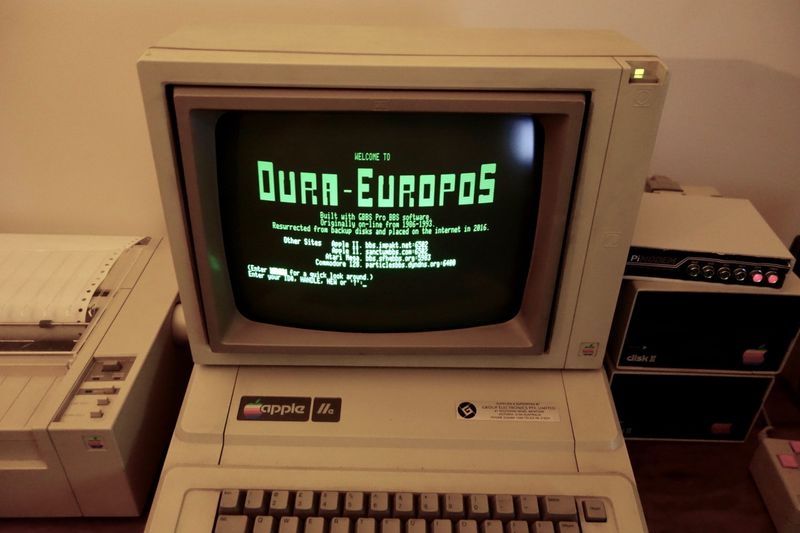
Before social media, people connected through BBS, early online forums where users dialed in via a modem to post messages and share files.
It was cutting-edge at the time, but saying “I logged into a BBS last night” today makes it sound like you hacked into a dystopian mainframe, with its text-based interface and slow connection speeds.
7. Dot Matrix Printer
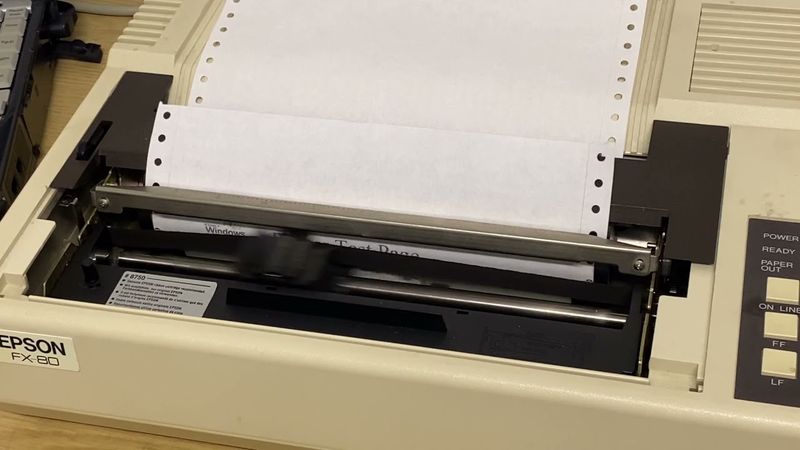
Dot Matrix Printers were the backbone of ’80s office technology, known for their loud, clunky, and slow process.
Compared to today’s laser and inkjet printers, the term dot matrix sounds like a piece of equipment a robot from an old sci-fi movie would use to print out mission plans, with its distinctive noise and perforated paper.
8. CD-ROM Drive
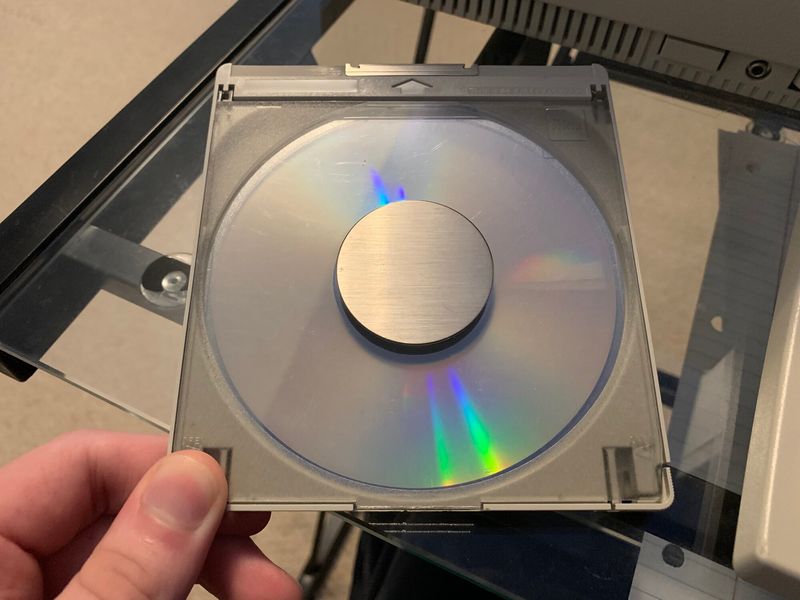
When CD-ROM technology first appeared, it was revolutionary—a disc that could hold text, images, and video! With digital downloads and streaming now the norm, the term CD-ROM feels like an ancient relic, evoking memories of installing games from bulky discs.
It showcases the digital age’s rapid evolution in media consumption.
9. Tape Backup
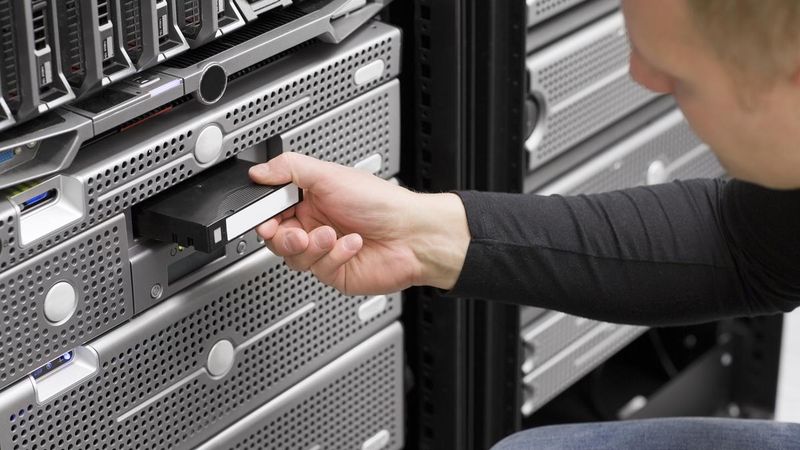
In the ’80s, businesses used tape backup systems to store massive amounts of data on magnetic reels. The idea of spooling your computer’s files onto a cassette-like strip now feels laughably outdated.
It resembles something out of a cyber-noir thriller, yet it was a key data protection method, highlighting the era’s technological challenges.
10. Joystick
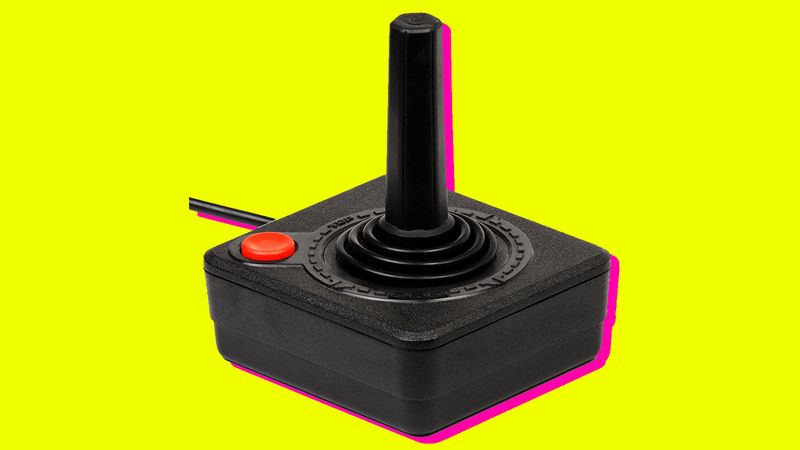
Before game controllers became sleek and ergonomic, the joystick was the ultimate gaming accessory, synonymous with arcades and early computer games.
While still used in aviation, calling a game controller a joystick today makes it sound like you’re piloting a spaceship rather than playing a video game, reflecting gaming’s evolution.
11. Smart Terminal
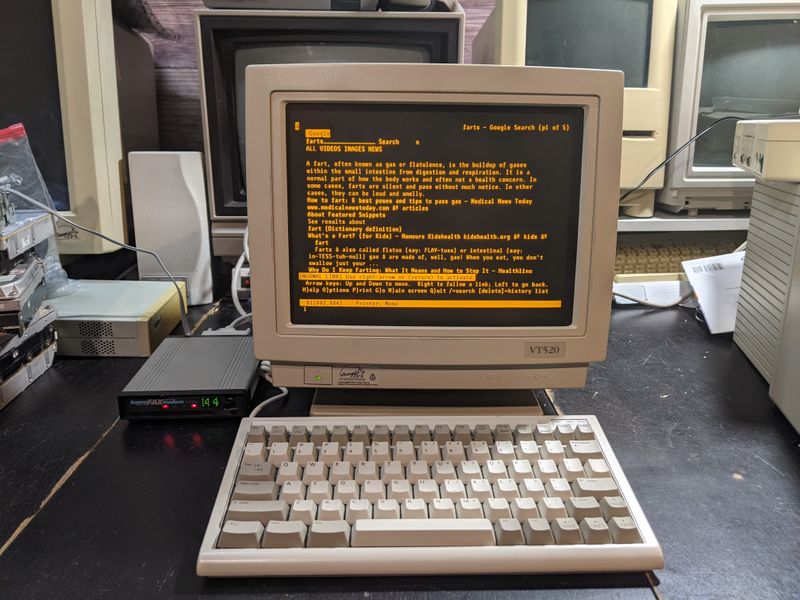
In the 1980s, a smart terminal referred to an advanced computer interface for accessing mainframes.
Today, with smart devices controlling everything from thermostats to refrigerators, the phrase sounds like something from a corporate AI dystopia rather than a glorified keyboard and monitor setup, showing the progression of “smart” technology.
12. Floppy Disk
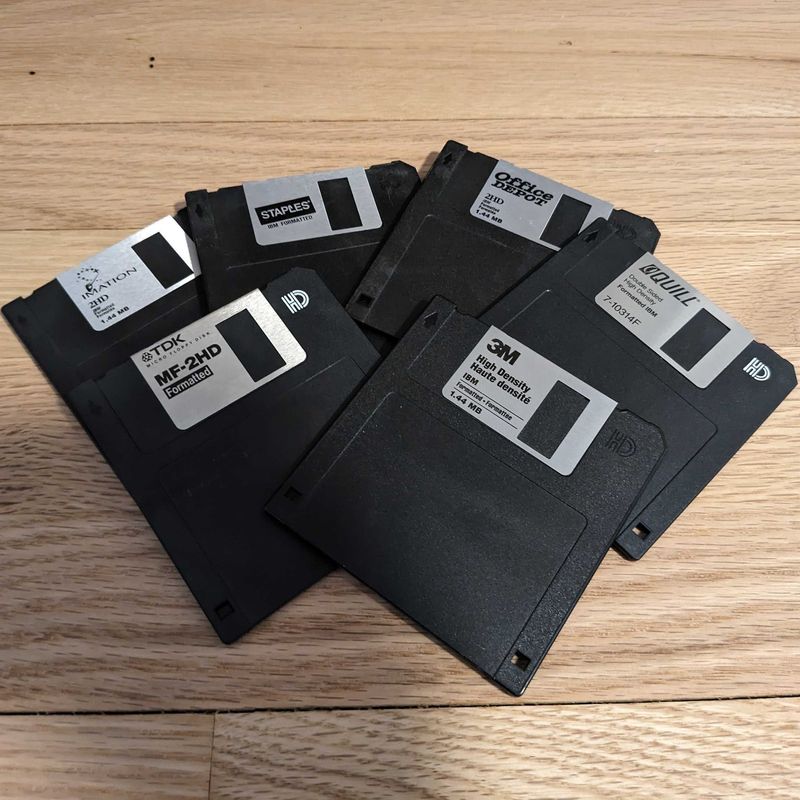
The floppy disk was the go-to storage device for personal computers, capable of holding 1.44 MB of data. The idea of a thin, bendable disk containing all your important files sounds almost futuristic now—especially when today’s USB drives and cloud storage can hold terabytes effortlessly.
The shift highlights the evolution in data storage technology.
13. Megabyte
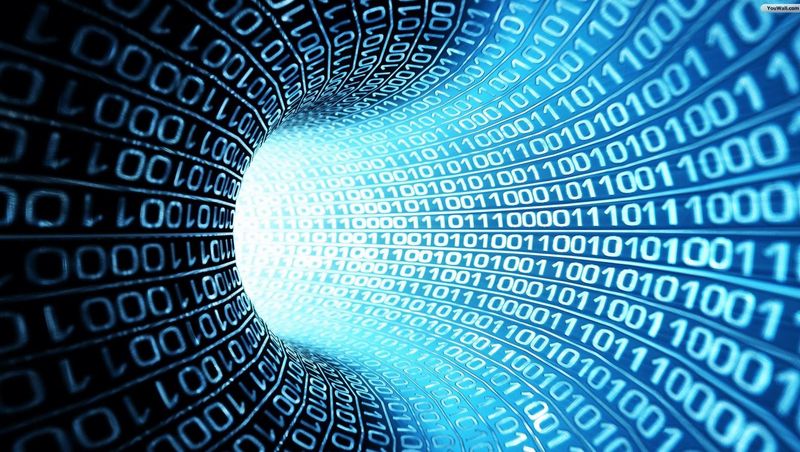
In the ’80s, the term megabyte was reserved for serious computing power. Owning a computer with a full megabyte of memory was like possessing something out of this world.
Now, when a single image on your phone can take up several megabytes, the term sounds almost comically small in scale, reflecting how far technology has come.
